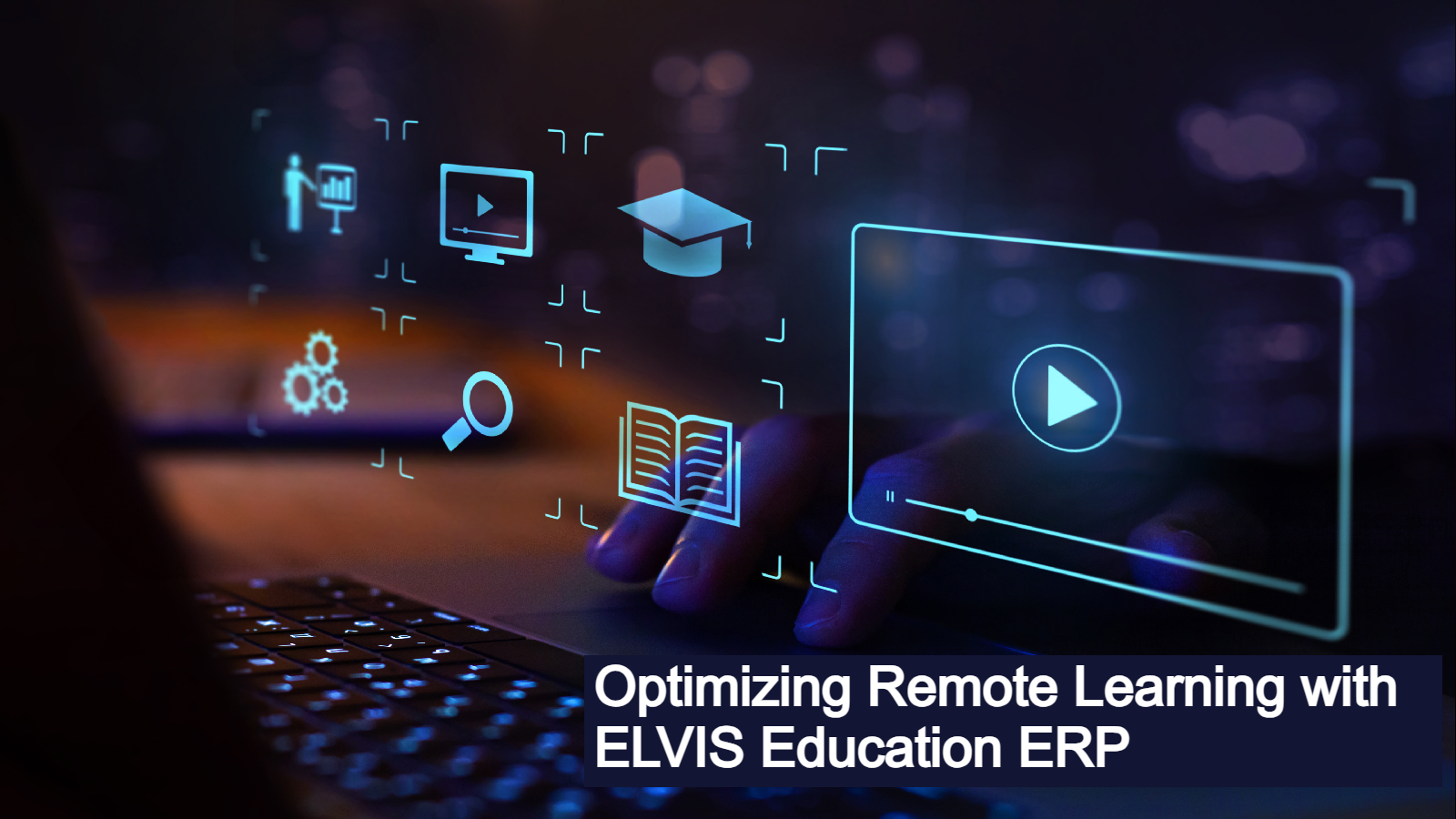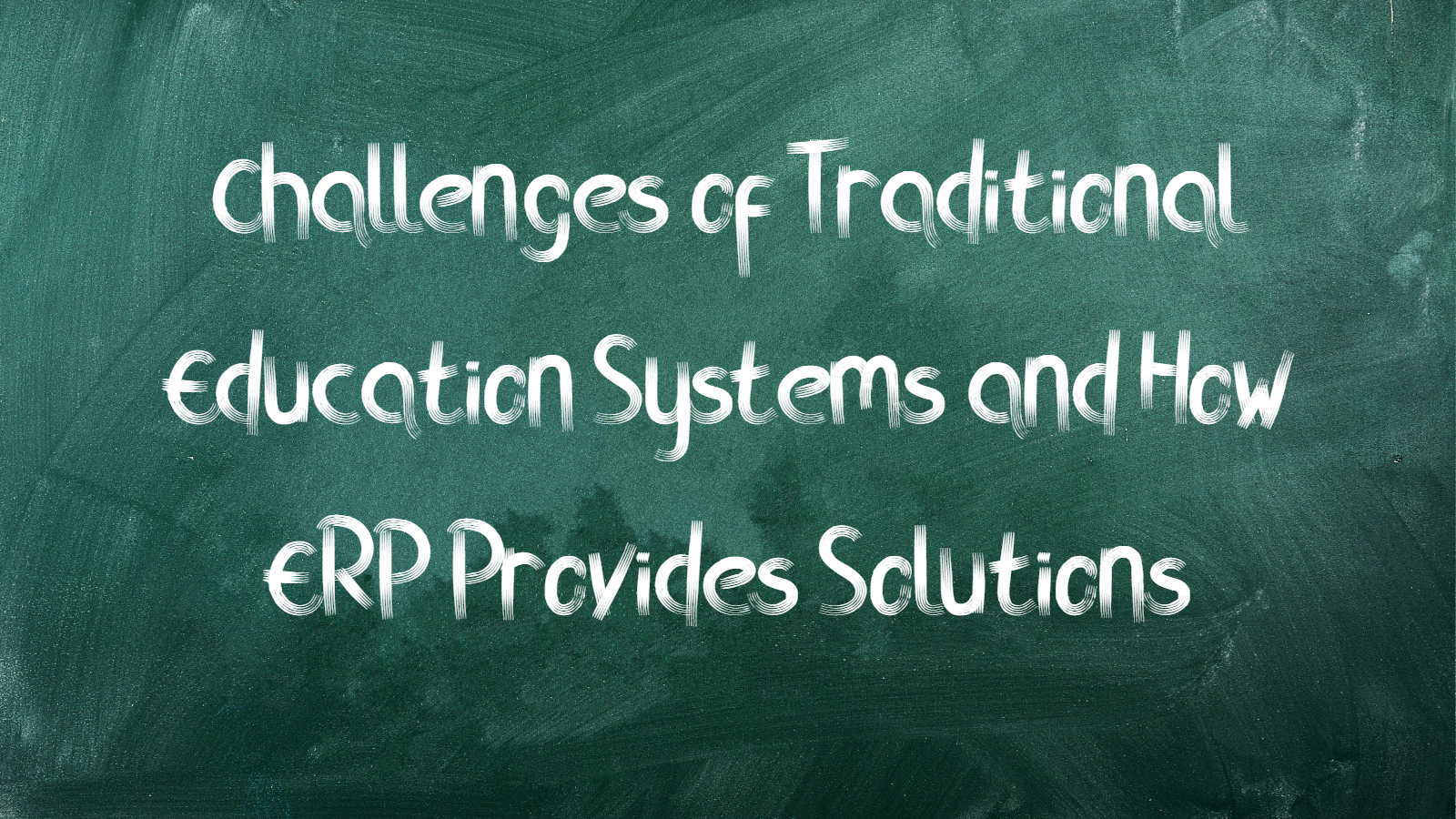Library Management System for educational Institution
The library is an essential part of the educational system. It is more than just a repository of data. It can be compared to an educational institution’s brain. The value of libraries has grown in today’s world of advanced technology. And, as the demand for digital technology grows, it’s more important than ever to manage the catalog of educational information with a dependable, effective Library Management System that keeps the library’s entire operations running smoothly. A stress-free campus management is aided by a library management system. For students, instructors, librarians, and other staff members, the library management system offer a full solution.
A library necessitates a great deal of attention in order to keep track of books, payment information, student information, records, and so on. The librarians are responsible for a large amount of student information. With the deployment of the Library Management System, this difficult process has become much easier. A library management system is a software platform that aids in the correct management of student data and book records. Librarians can examine the status of volumes using library management software, which reduces the time and work required for library management.
The automated library management tool enables librarians in managing complicated library processes and assists librarians in handling library resources in a more effective and efficient manner, saving time and effort. The platform gives the educational institution both an opportunity and a problem in terms of maintaining consistency and quality in library record keeping and management. The software is user-friendly since it will assist librarians in quickly locating a specific book. So, here’s how it works for librarians:
Using barcodes, librarians can keep track of a variety of things, including:
- The issue date
- The return date
- Book catalogs of various genres
- The number of books issued
- Number of books published
- The number of books accessible
- Calculating fines
- Collecting fines
- Sharing the information etc.
Barcodes ensure that the library process runs smoothly and efficiently and that the resources are properly maintained. Librarians can use technology like SMS and Email to keep patrons informed about book difficulties, book returns, and lists of available books in the library, as well as holidays, events, fines, and other critical details. This strategy enables librarians to collect all of the necessary information from the documents (excel, word, PDF).
WHAT ARE THE ADVANTAGES OF A LIBRARY MANAGEMENT SYSTEM?
LIBRARY MANAGEMENT SYSTEMS are web-based or mobile applications that help educational institutions deliver effective resources to students, professors, and staff. Librarians can administer the library’s core functions more efficiently and effectively using digital cloud-based tools. It also aids in the improvement of communication between staff and students. Because the system automates every action, repetitive jobs may be removed and processes can become error-free. Educational institutions benefit from a library management system in a variety of ways. Let’s have a look at some of the benefits of library management software:
- Accurate and comprehensive records
- Improved efficiency
- Time-saving
- Cost-effective
- User-friendly
- Enhanced reporting and monitoring
- Enhanced productivity
- Secure data and accessibility
- 24*7 support and connectivity
- Resource management
Accurate and comprehensive records
A library management system has the capacity to hold a large amount of data. A library will have a lot of items to manage, and librarians will find it challenging to keep track of the books and other resources. All of these processes can be automated using a cloud-based platform. Keeps a detailed and accurate record of all supplies and materials. This approach aids librarians in keeping track of book details such as title, author, and publication date. The librarian can use the program to acquire an overview of the materials that have been taken out of the library. Online materials, such as journals, eBooks, and other published works, are now available through library administration software.
Improved efficiency
Managing daily operations and updating daily reports is exhausting and time-consuming for a librarian. Implementing a library management system will aid in increasing the efficiency of the library while also keeping track of all pertinent information? Librarians can quickly categorize books and maintain track, of which ones have been printed, reissued, returned, or are currently available. Students can use this system to access the catalog, book status, and other information. They can be notified of due dates for returning books, notifications to pay fines, and other important information through mail or SMS.
Time saving
The traditional method of managing library processes can take a long time. During exam season, the library will see a surge in usage. In a traditional system, students must wait in a long line to obtain resources. Librarians can save time and effort in administering the library by using an integrated library management system. The materials can be delivered to the stakeholders swiftly by the library personnel. Students can search the catalog at the same time to discover if the material they require is currently available. This advantage will assist students, teachers, and school administration in saving time and effectively completing work. Manual labor and human errors can be eliminated with the library management system. If Artificial Intelligence (AI) is integrated into the system, the procedures can be simplified, reducing the burden on complex activities.
Cost-effective
Educational institutions must invest a significant amount of money to implement technological developments. Manu institutions have discovered that using technology to manage a library incurs a significant cost. However, on the practical side, the application is less expensive to run, requires less maintenance, and is more successful than traditional workflow management methods. Because there are so many options on the market, institutions can pick the software that best suits their needs.
User-friendly
The software’s benefits are evident not just in the management, but also in the end-users. That is, users will be able to see what materials are available and which are not. This means that library management software allows both parties to observe what materials are in circulation and how they are doing. This will increase communication and the flow of procedures in the long run.
Enhanced reporting and monitoring
The cloud-based library management system offers educational institutions a flexible reporting and monitoring option. This will help with effective bookings, material circulation, and user tracking for the management. The stakeholders can readily access the data maintained in the Library management system.
Enhanced productivity
A great management tool, such as a library management system, can help to streamline the library’s operations. The system can manage a large number of jobs, saving time for the team, providing easy and rapid access to data, generating reports, and sharing information quickly, among other things. This will assist the team in working more efficiently, allowing them to boost overall output.
Secure data and accessibility
A library management system manages not only physical books, but also eBooks, online journals, and pdf documents, among other things, that are important to students, teachers, and staff. All of this information, including information on physical books, is safely stored in the system. Authorized users can access the same information via smart devices such as computers, tablets, or mobile phones with an active internet connection.
24*7 support and connectivity
We live in a digital age, and practically all educational institutions have digitized their processes, from online applications through the posting of results. Institutional libraries must also maintain a huge number of connections with students. Students no longer need to go to a library in person to check if a reference resource is available. Students can get information about the contents via a web-based system or a mobile application.
Resource management
The duty of managing the library’s resources is difficult for librarians. A strong library management system can aid management in gaining access to records, prior history, and issuing items in a timely manner. This can aid in the efficient use of library resources. Librarians can easily and swiftly handle the cycle of book issues, returns, and dues because communication tools such as SMS and emails are connected with the system.
Every industry is turning digital, and it is critical for the education sector to do so as well so that institutions can access enormous amounts of digital content on demand. The efficiency of the library will be improved by implementing a library management system in the institution. Librarians can more effectively manage and control resources, allowing them to save time and effort. The application is simple to set up and maintain, and it only necessitates minor maintenance and installation.
Do you want to learn more about how the ELVIS LIBRARY MANAGEMENT SYSTEM works for your library? Make an appointment with our team to see a free demo.








